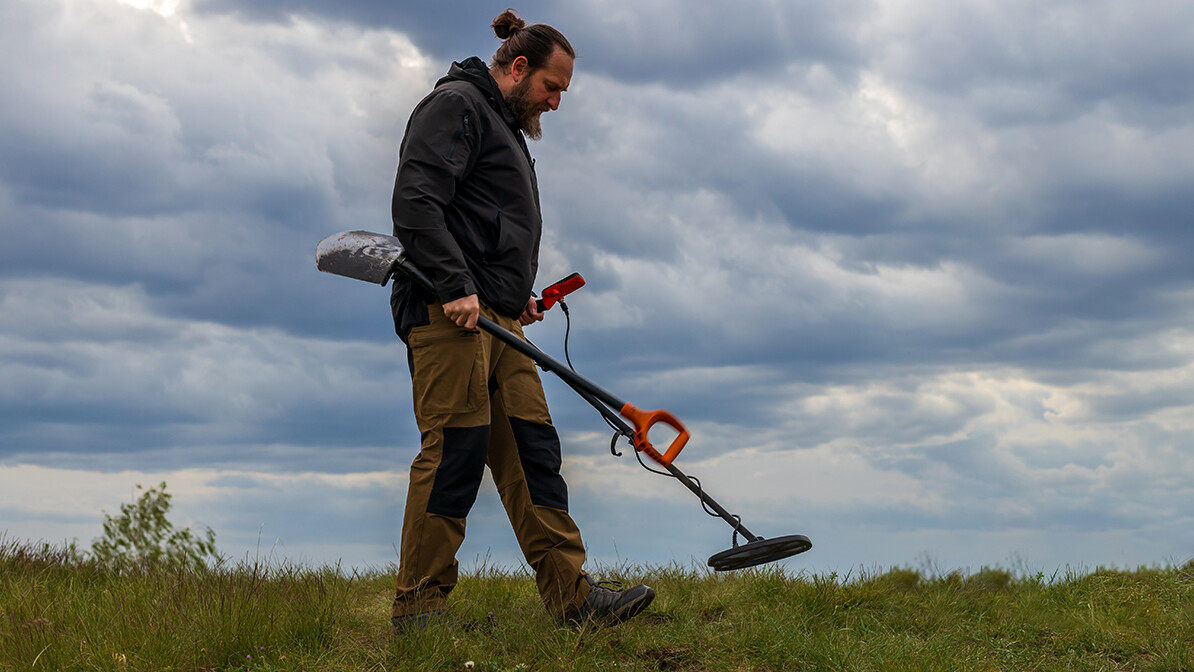Related Articles
You Don’t Have to Fix Everything to Be a ‘Good’ Christian
One of the most common—and exhausting—misconceptions among Christians, especially new believers, is…
What Is the Hidden Treasure in Matthew 13?
In the parable of the hidden treasure, Jesus describes a man who discovers something so valuable…
How to Move Mountains: 3 Biblical Keys for Stronger Faith
When frustration feels like a wall you can’t break through, it’s natural to wonder what to do next.…
Chased by God’s Blessings—How to Attract God’s Blessings and Walk in His Favor
The key to God’s amazing turnaround plan for you to walk in His favor in every area of life. Have…
Next Steps To Strengthen Your Walk
Inspiration Today Newsletter
Supercharge your faith and ignite your spirit. Find hope in God’s word. Receive your Inspiration Today newsletter now!
Christian Articles
Find articles to strengthen your walk and grow your faith. We have a wide range of topics and authors for you.
Submit A Prayer Request
We are here for you. Simply click on the button below to reach us by form, email or phone. Together we will lift our hearts and voices with you in prayer.






